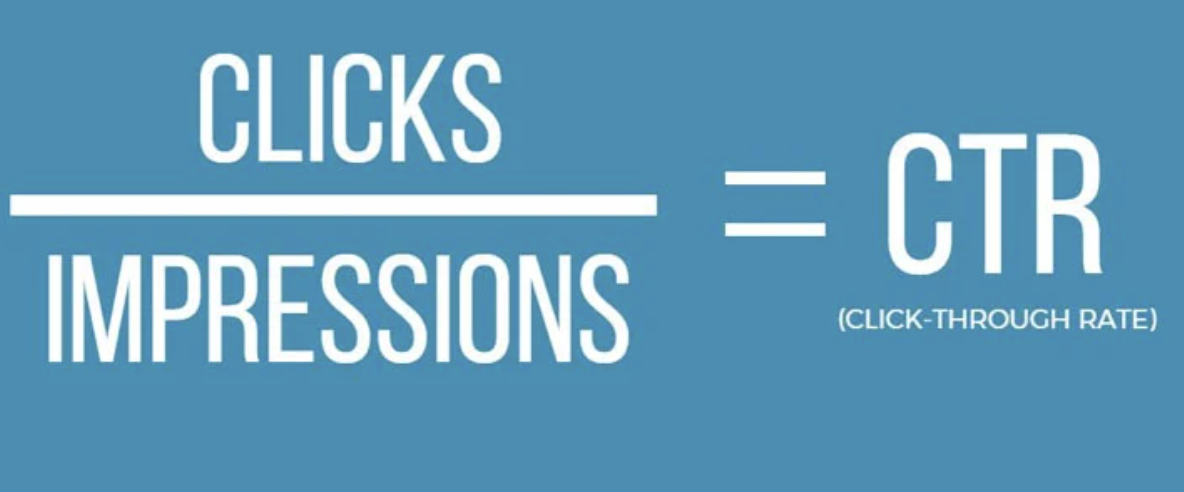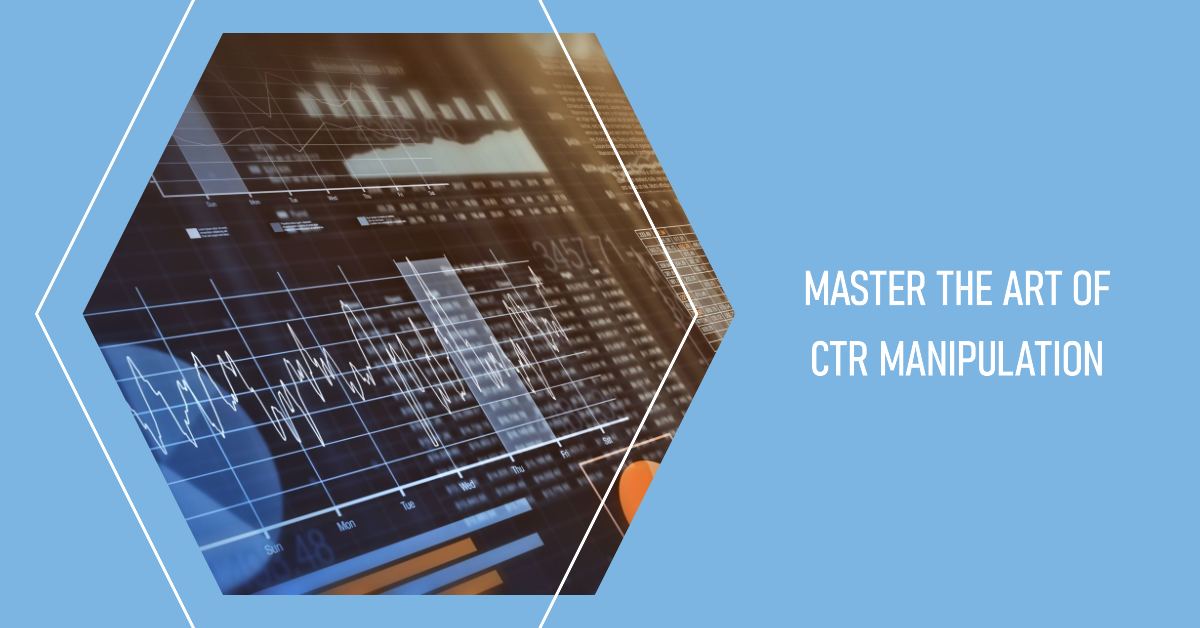Efficient CTR Manipulation: Increase Your Click-Through Fees and Exposure
Wiki Article
Checking Out the Connection Between CTR Manipulation Providers and User Actions
In the realm of electronic marketing, the influence of click-through price (CTR) manipulation services on customer habits remains a complex and interesting topic. As on the internet platforms progressively rely upon CTR metrics to determine the success of content, items, and services, recognizing just how these controlled rates impact user interaction and decision-making processes is vital. The interplay in between CTR control and customer habits questions concerning authenticity, trustworthiness, and the moral ramifications of such practices. By dissecting the complex partnership between CTR manipulation solutions and individual behavior, interesting insights emerge that might reshape our understanding of digital marketing methods and their results on consumers.Impact of CTR Control on Habits
Evaluating the impact of Click-Through Rate (CTR) manipulation on individual habits exposes vital understandings right into the dynamics of online involvement. CTR control entails artificially pumping up the variety of clicks on a particular link or advertisement to trick individuals and search engines. This practice can lead to an altered assumption of a page's appeal or significance, eventually influencing customer behavior.
In addition, CTR manipulation can skew the data used by formulas to personalize user experiences. This can lead to users being served material that does not align with their choices or rate of interests, inevitably bring about a decrease in customer fulfillment and involvement. Understanding the impact of CTR manipulation on user habits is necessary for preserving openness and rely on on-line communications.
Individual Involvement With Adjusted CTR
Individual involvement with manipulated CTR information usually brings about manipulated perceptions of online content appeal and relevance. When users engage with web content based upon unnaturally inflated Click-Through Fees (CTR), they might believe that specific information, items, or solutions are a lot more prominent or credible than they actually are. This can lead to customers making choices based on misleading information, bring about possibly negative end results.Engagement metrics like sort, shares, comments, and time invested in a webpage are often influenced by CTR manipulation. Individuals may be a lot more inclined to involve with web content that shows up to have higher interaction prices, additionally continuing the cycle of skewed assumptions. Because of this, material designers and marketers may focus on generating content that creates high CTR instead of concentrating on creating truly beneficial and appropriate material.

Psychological Results of CTR Manipulation

Furthermore, the mental effects of CTR manipulation can additionally show up in altered decision-making processes. Users might be extra inclined to click web content only based on its regarded appeal, as opposed to its real value or importance to their needs. This behavioral change can cause a shallow involvement with online web content, where customers might ignore top notch yet less popular offerings in favor of those with synthetically improved CTRs.
Essentially, the mental implications of CTR adjustment highlight the significance of keeping openness and credibility in on-line interactions to cultivate genuine customer involvement and trust.
Moral Considerations in CTR Control
CTR adjustment elevates concerns about deceiving customers, distorting information analytics, and jeopardizing the reputation of on the internet content. By artificially pumping up CTR, customers may be deceived into clicking on web links or ads they would certainly not have selected or else, leading to a disingenuous online experience.One more honest element to consider is the fairness of controling CTR to acquire an unfair advantage over rivals. Involving in such techniques not just breaches principles of fair game however additionally weakens the trust fund that individuals place in online systems. It is necessary for businesses and electronic marketing experts to support ethical criteria in their methods to guarantee transparency, credibility, and lasting sustainability in the on the internet environment.
Ramifications for Digital Marketing
With the raising dependence on digital systems for advertising functions, the method of controling click-through prices (CTR) positions considerable implications for the performance and stability of electronic marketing methods. CTR manipulation can bring about skewed information analytics, misinforming online marketers into believing that their projects are carrying out far better than they actually are. This can result in misallocation of sources, with business purchasing underperforming strategies based on falsified CTRs. Furthermore, when individuals realize that CTRs have actually been manipulated, it can wear down count on the brand name, leading to long-lasting adverse repercussions for client loyalty and brand track record.Additionally, the use of CTR adjustment solutions can create an unfair competitive landscape, where business that engage in such techniques obtain a fabricated advantage over those that follow moral advertising and marketing standards. This can suppress technology and imagination in electronic advertising and marketing, as success GMB CTR manipulation becomes more regarding adjustment strategies than delivering genuine worth to consumers. Inevitably, the effects of CTR control for electronic advertising and marketing prolong beyond short-term gains, affecting the total sustainability and reputation of advertising and marketing initiatives in the digital realm.
Conclusion
To conclude, the partnership in between CTR control services and customer habits is complex and multifaceted. The effect of CTR control on habits, individual interaction with manipulated CTR, psychological impacts, honest factors to consider, and ramifications for digital advertising all play a function in forming this partnership. Recognizing these dynamics is critical for marketing experts and scientists alike in order to navigate the ethical effects and take full advantage of the effectiveness of their electronic marketing methods.Report this wiki page